laravel開(kāi)發(fā):如何使用laravel eloquent實(shí)現(xiàn)多態(tài)關(guān)聯(lián)?
多態(tài)關(guān)聯(lián)是 Laravel Eloquent 的一項(xiàng)重要功能,它可以使一個(gè)模型和多個(gè)不同的模型建立關(guān)聯(lián)關(guān)系。在實(shí)際應(yīng)用中,處理不同類(lèi)型的數(shù)據(jù)相對(duì)簡(jiǎn)單且高效,尤其在數(shù)據(jù)庫(kù)設(shè)計(jì)上非常方便。在本文中,我們將討論如何使用 Laravel Eloquent 實(shí)現(xiàn)多態(tài)關(guān)聯(lián)。
一、什么是多態(tài)關(guān)聯(lián)?
多態(tài)關(guān)聯(lián)是指一個(gè)模型和多個(gè)不同的模型建立關(guān)聯(lián)關(guān)系,可以將其視為對(duì)通用類(lèi)別的引用。它能為許多應(yīng)用帶來(lái)便利,如:
- 圖片、音頻和視頻模型都可以與評(píng)論模型建立多態(tài)關(guān)聯(lián),使評(píng)論可以應(yīng)用于多種數(shù)據(jù)類(lèi)型。
- 用戶(hù)可以與評(píng)論模型建立多態(tài)關(guān)聯(lián),并被應(yīng)用于多種數(shù)據(jù)類(lèi)型,如文章、圖片、視頻等。
- 訂單模型可以與收貨地址模型建立多態(tài)關(guān)聯(lián),使訂單可以配送到多種地址類(lèi)型,如家庭、公司、網(wǎng)點(diǎn)等。
二、實(shí)現(xiàn)多態(tài)關(guān)聯(lián)的方法
下面讓我們看看如何使用 Laravel Eloquent 實(shí)現(xiàn)多態(tài)關(guān)聯(lián)。
首先,我們需要考慮的是數(shù)據(jù)表的設(shè)計(jì)。我們需要?jiǎng)?chuàng)建一個(gè)中間表,用于存儲(chǔ)模型之間的多態(tài)關(guān)聯(lián)關(guān)系。此表應(yīng)包含以下列:
- id: 表主鍵 ID;
- target_type: 目標(biāo)模型的類(lèi)型名稱(chēng);
- target_id: 目標(biāo)模型的 ID;
- source_type: 源模型的類(lèi)型名稱(chēng);
- source_id: 源模型的 ID。
下面是數(shù)據(jù)庫(kù)遷移文件示例:
<?php use IlluminateDatabaseMigrationsMigration; use IlluminateDatabaseSchemaBlueprint; use IlluminateSupportFacadesSchema; class CreateCommentsTable extends Migration { /** * Run the migrations. * * @return void */ public function up() { Schema::create('comments', function (Blueprint $table) { $table->id(); $table->morphs('commentable'); $table->text('content'); $table->timestamps(); }); Schema::create('votes', function (Blueprint $table) { $table->id(); $table->unsignedBigInteger('user_id'); $table->unsignedBigInteger('voteable_id'); $table->string('voteable_type'); $table->enum('type', ['up', 'down']); $table->timestamps(); }); } /** * Reverse the migrations. * * @return void */ public function down() { Schema::dropIfExists('comments'); Schema::dropIfExists('votes'); } }
在以上遷移文件中,我們創(chuàng)建了兩個(gè)新的表:comments和votes。
comments 表包含評(píng)論模型的基本信息,另外使用morphs()方法來(lái)實(shí)現(xiàn)了多態(tài)關(guān)聯(lián)的指向。votes 表也類(lèi)似,使用voteable_id和voteable_type字段來(lái)實(shí)現(xiàn)多態(tài)關(guān)聯(lián)。
接下來(lái),我們需要在 Eloquent 模型中定義關(guān)聯(lián)關(guān)系。
Comment 模型:
<?php namespace AppModels; use IlluminateDatabaseEloquentFactoriesHasFactory; use IlluminateDatabaseEloquentModel; class Comment extends Model { use HasFactory; public function commentable() { return $this->morphTo(); } public function votes() { return $this->morphMany(Vote::class, 'voteable'); } }
Vote 模型:
<?php namespace AppModels; use IlluminateDatabaseEloquentFactoriesHasFactory; use IlluminateDatabaseEloquentModel; class Vote extends Model { use HasFactory; public function voteable() { return $this->morphTo(); } public function user() { return $this->belongsTo(User::class); } }
以上代碼將為 Comment 模型和 Vote 模型分別定義多態(tài)關(guān)聯(lián)關(guān)系。在 Comment 模型中,我們使用morphTo()方法定義了指向的多態(tài)關(guān)聯(lián)關(guān)系,而在 Vote 模型中,我們使用morphMany()方法來(lái)定義了對(duì)評(píng)論的多態(tài)關(guān)聯(lián)關(guān)系。
三、使用多態(tài)關(guān)聯(lián)
讓我們看看如何使用多態(tài)關(guān)聯(lián)。
創(chuàng)建評(píng)論:
$article = Article::find(1); $comment = $article->comments()->create([ 'content' => 'This is a comment', ]);
獲取評(píng)論的投票:
$votes = $comment->votes;
獲取文章的評(píng)論:
$comments = $article->comments;
投票:
$comment->votes()->create([ 'user_id' => 1, 'type' => 'up', ]);
以上代碼示例演示了多態(tài)關(guān)聯(lián)關(guān)系的基本用法,你可以在 Laravel Eloquent 文檔中找到更多關(guān)于此特性的詳細(xì)信息。
總結(jié)
多態(tài)關(guān)聯(lián)是 Laravel Eloquent 的重要特性之一,它可以使一個(gè)模型和多個(gè)不同的模型建立關(guān)聯(lián)關(guān)系。在數(shù)據(jù)庫(kù)設(shè)計(jì)和應(yīng)用開(kāi)發(fā)中非常有用。在使用 Laravel Eloquent 實(shí)現(xiàn)多態(tài)關(guān)聯(lián)時(shí),需要設(shè)計(jì)關(guān)聯(lián)關(guān)系的中間表,并在 Eloquent 模型中定義關(guān)聯(lián)關(guān)系。我們可以使用morphTo() 和 morphMany() 方法來(lái)實(shí)現(xiàn)多態(tài)關(guān)聯(lián)關(guān)系。
.jpg)




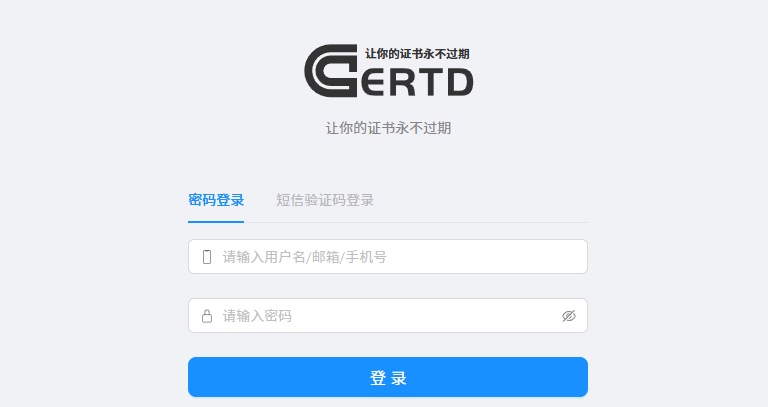



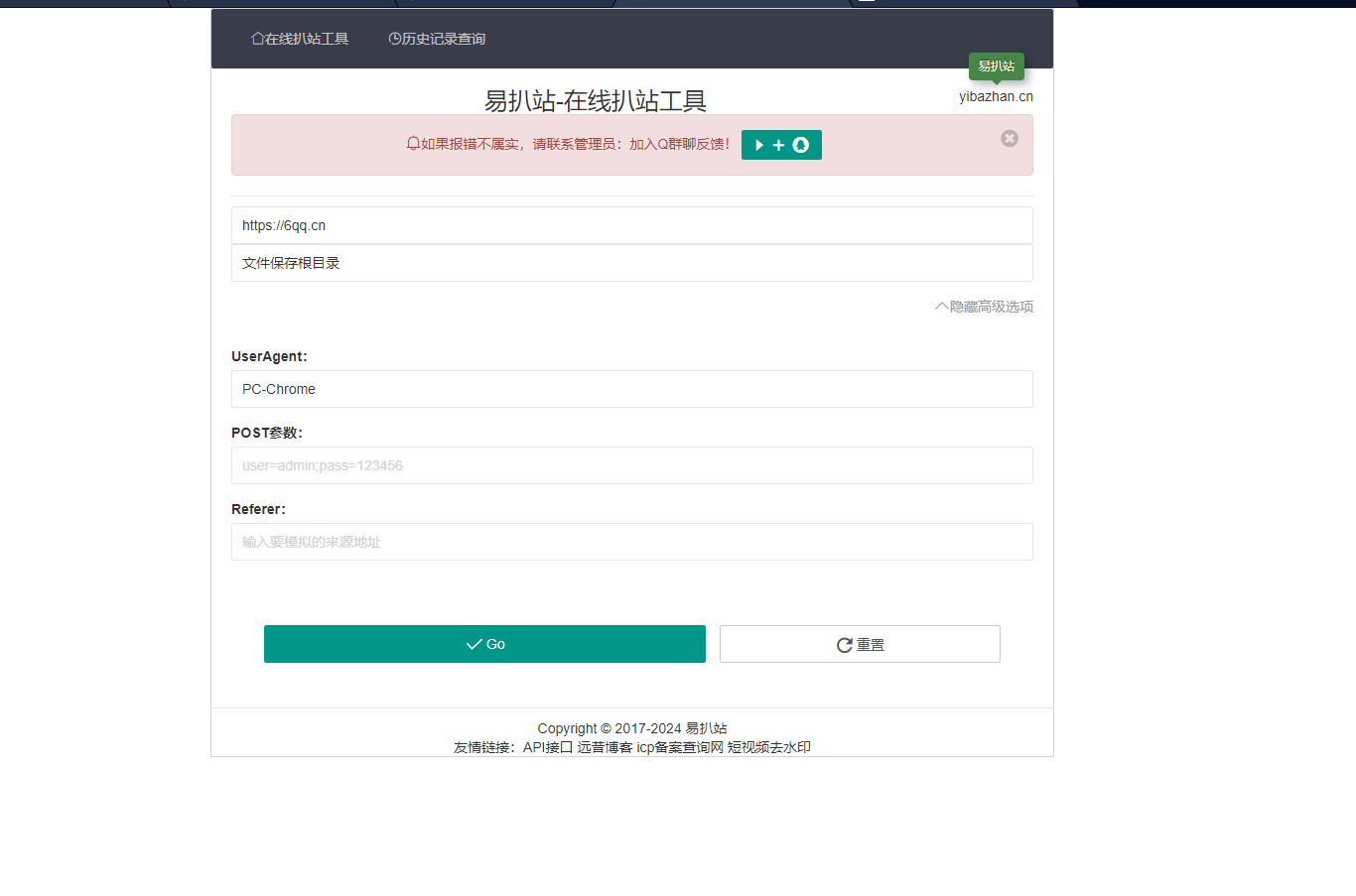
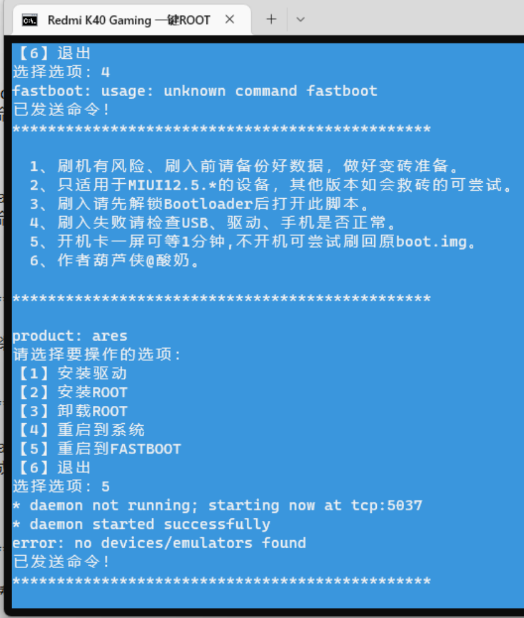


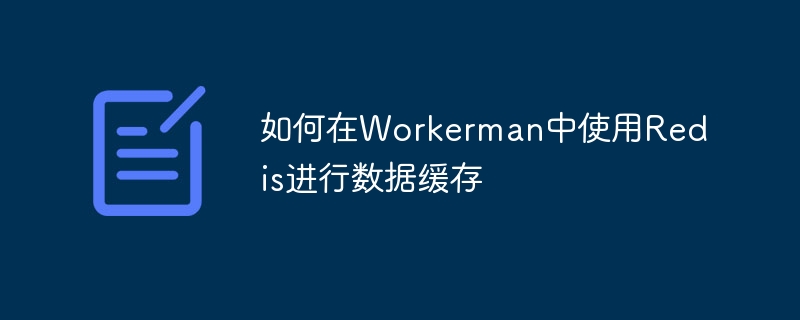
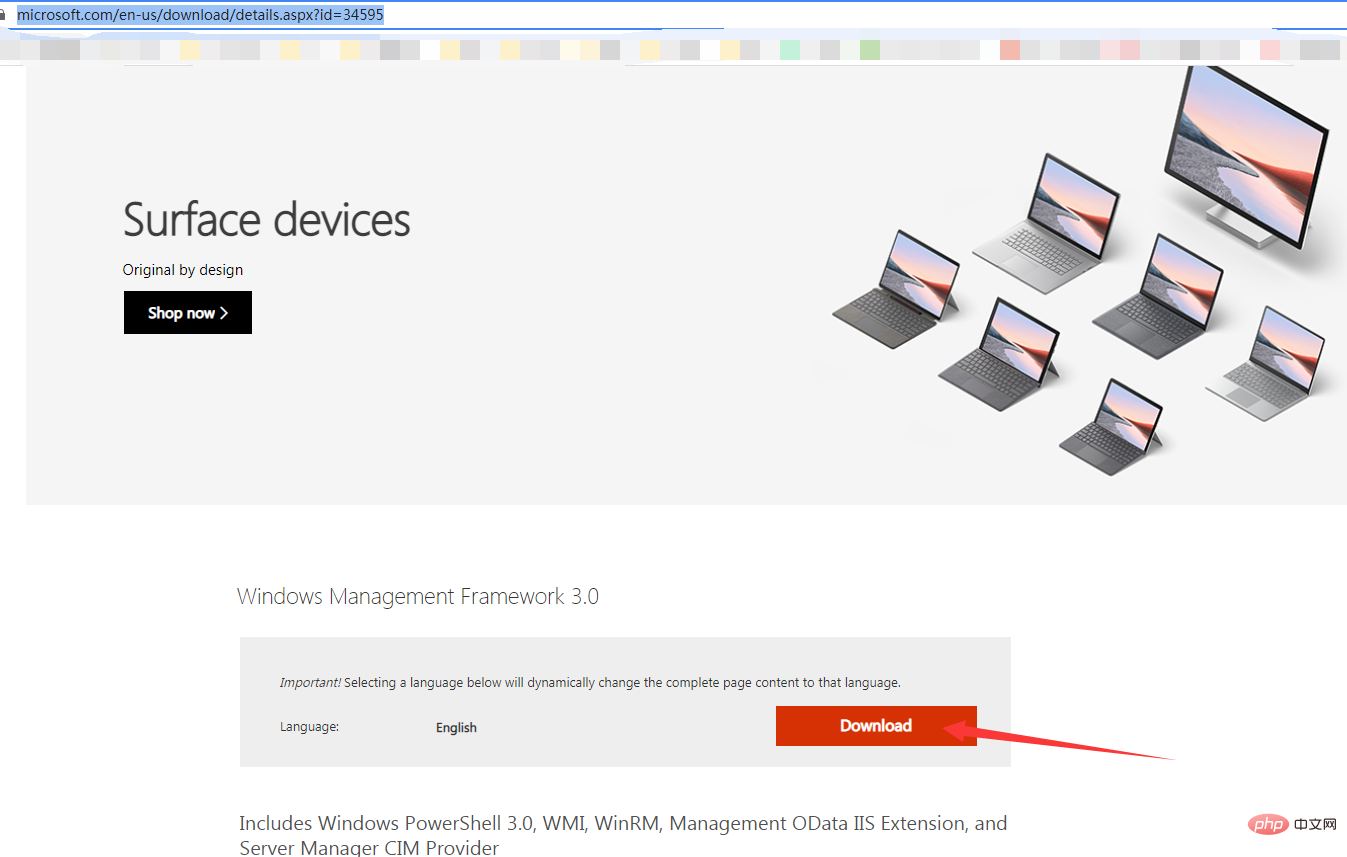


.png)
